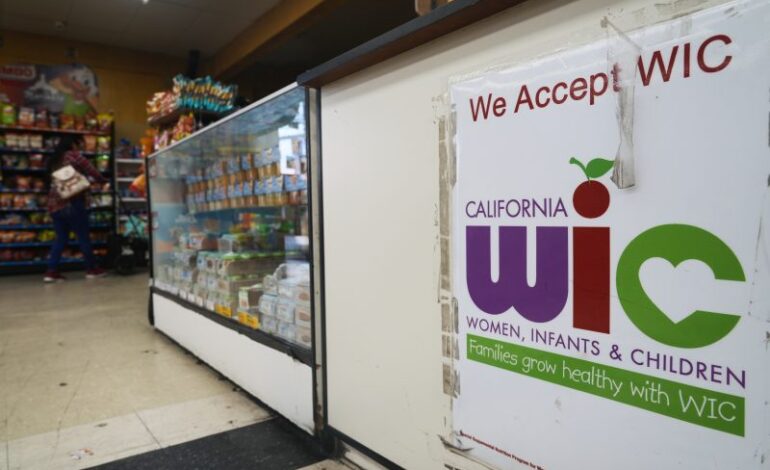SNAP Benefits Halted in November: WIC Funding Uncertain

The United States government announced that Supplemental Nutrition Assistance Program (SNAP) benefits will not be disbursed in November 2023. This decision has raised significant concerns among families who rely on these funds for essential food purchases. The abrupt halt in benefits has left many wondering how long the Women, Infants, and Children (WIC) program, which supports nutritional assistance for vulnerable groups, can sustain its funding.
According to reports from the U.S. Department of Agriculture (USDA), the lack of SNAP benefits is due to ongoing budgetary constraints at the federal level. This situation has left states scrambling to address the immediate needs of their residents. Some estimates suggest that WIC funds may only last for another week or so in certain areas, exacerbating the challenges for families who depend on these programs.
Impact on Families and Communities
The suspension of SNAP benefits impacts millions of families across the country. In October 2023, approximately 41 million individuals received SNAP assistance. Many households rely on these funds to cover basic nutritional needs, particularly as food prices continue to rise. The absence of these critical resources during the holiday season could lead to increased food insecurity.
Local food banks and community organizations are bracing for an influx of requests for assistance. Many are already reporting heightened demand as families struggle to make ends meet. Organizations are urging residents to reach out for help and utilize available resources, including WIC, which provides nutritional support to pregnant women, new mothers, and young children.
WIC Program’s Future and Funding Challenges
The WIC program, while designed to provide vital support, is facing its own financial hurdles. With SNAP benefits suspended, the sustainability of WIC funding is under scrutiny. The USDA has indicated that WIC funds may only have a limited duration, particularly in states where demand is high.
As of now, the future of WIC funding remains uncertain. Some reports indicate that if SNAP benefits do not resume promptly, families may experience a gap in essential nutritional support. Experts emphasize the need for immediate action from state and federal governments to address these gaps and ensure families have access to the food they require.
The situation has sparked discussions around the importance of long-term solutions for food assistance programs. Advocates are calling for a reevaluation of funding mechanisms to prevent such disruptions in the future. As the November deadline approaches, families are left in a precarious position, relying on community resources to fill the void left by the suspension of SNAP benefits.
In summary, the suspension of SNAP benefits in November has created a ripple effect across food assistance programs. With WIC funding at risk, many families are left wondering how they will provide for their basic nutritional needs during a critical time of year. The urgency of the situation calls for immediate attention and action from policymakers to ensure that vulnerable populations are not left without support.






